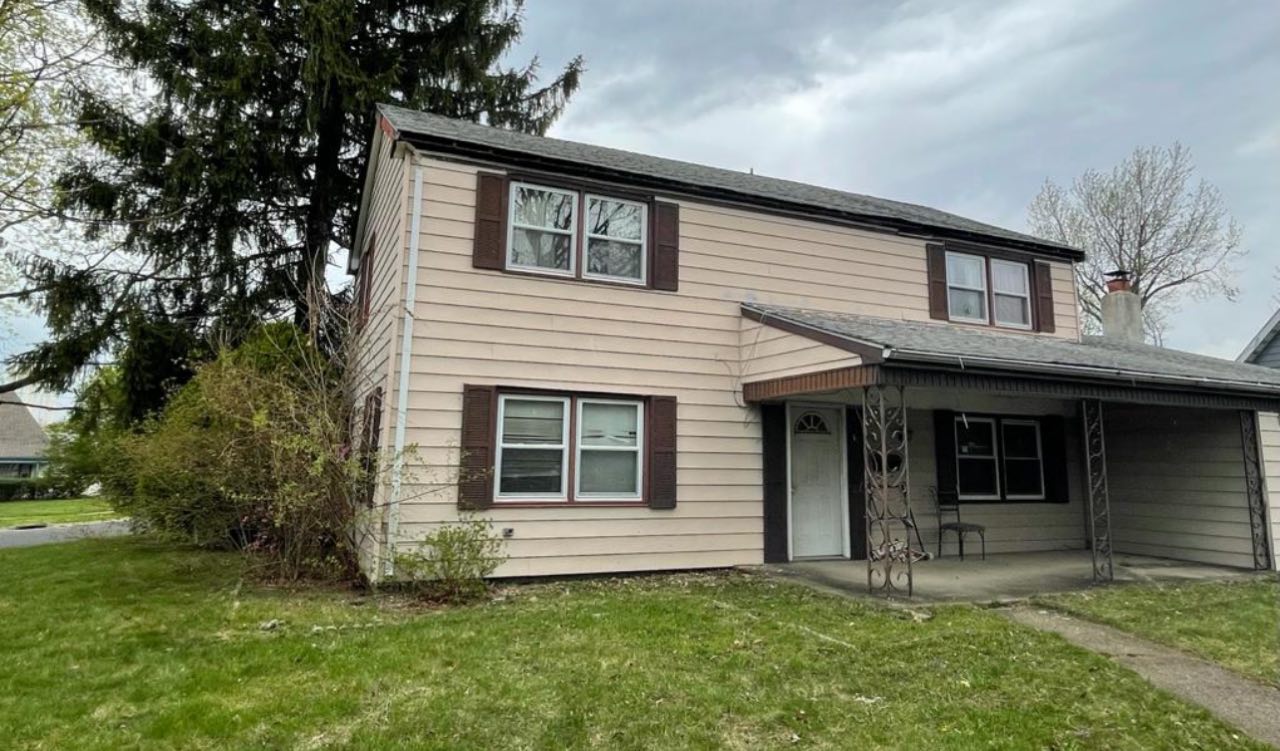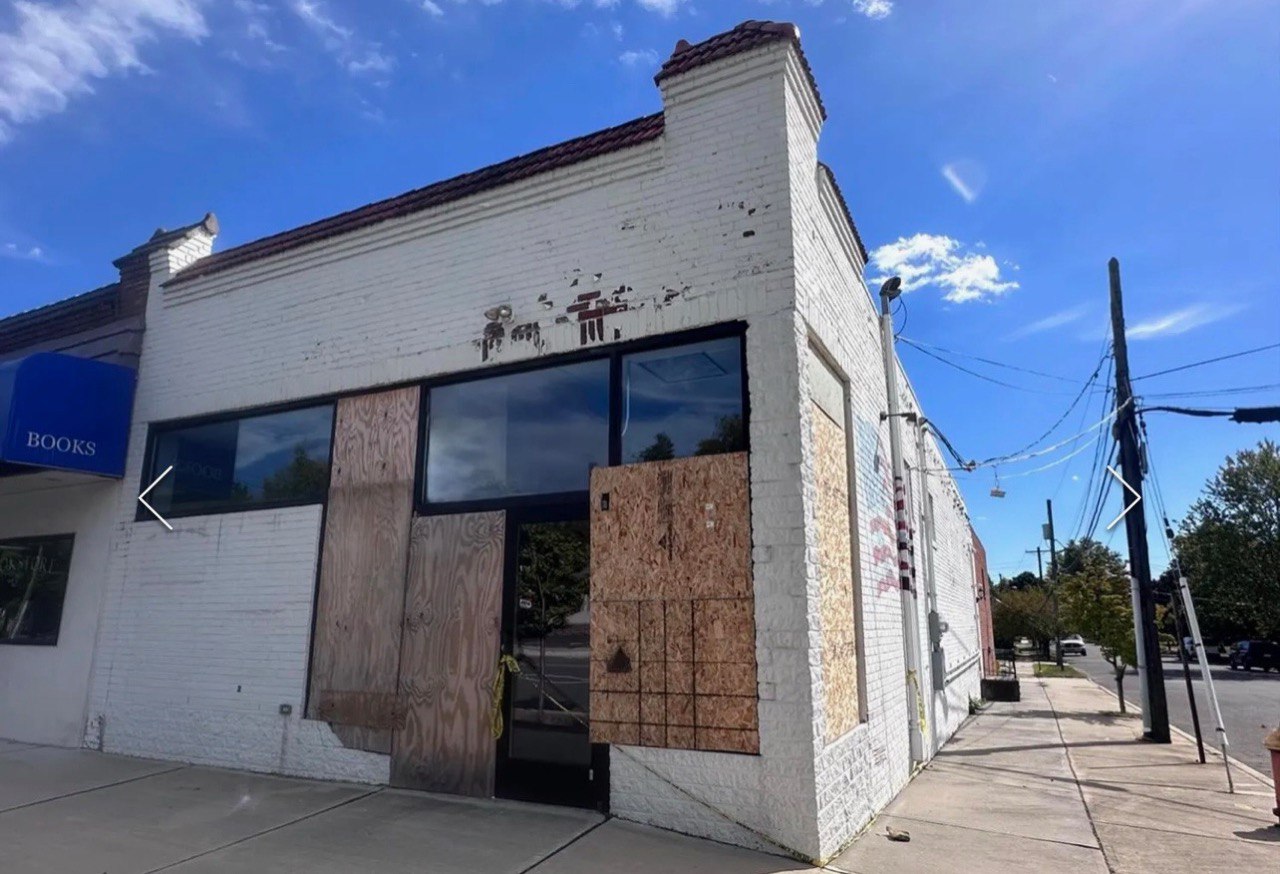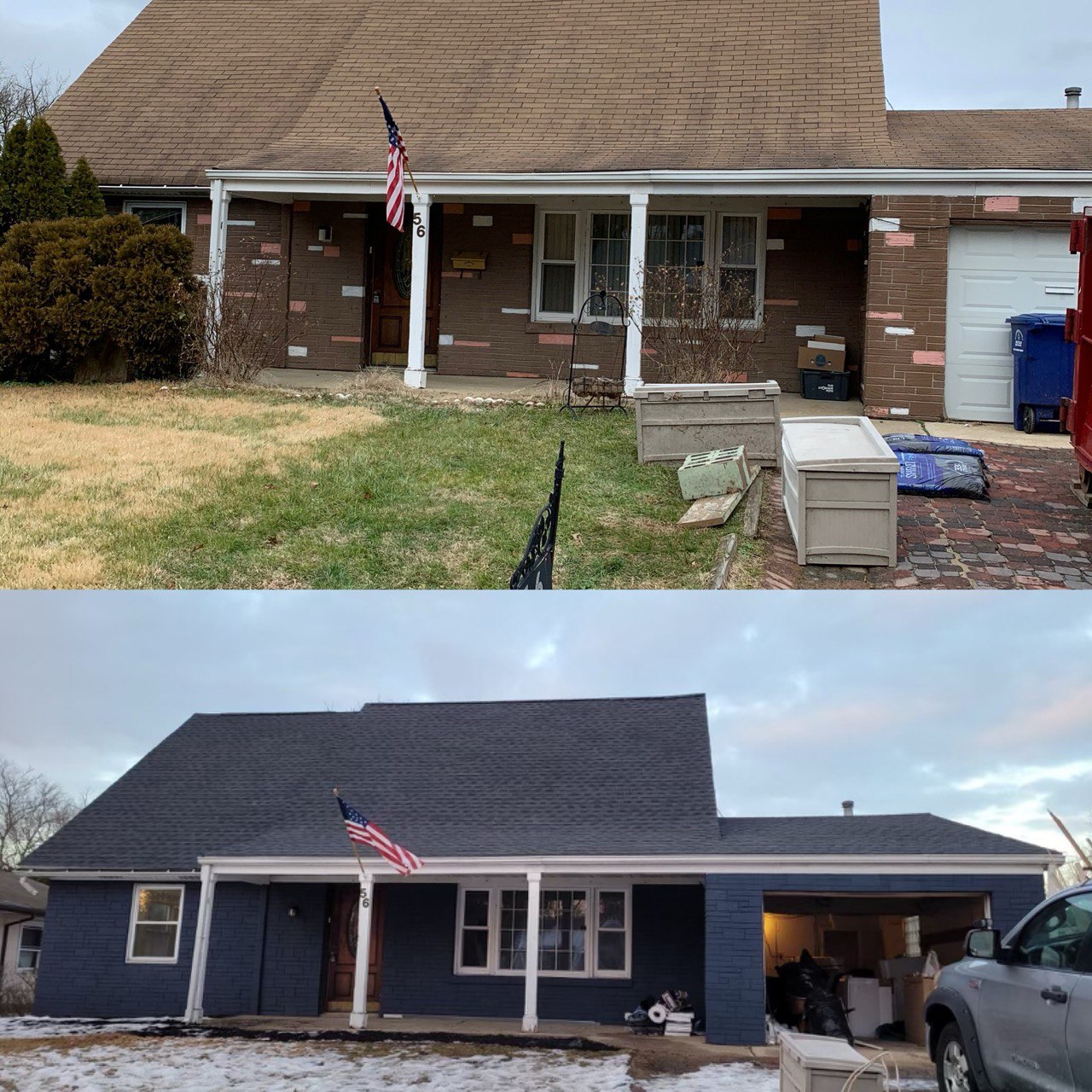The probate process can be lengthy and frustrating. In our latest post, learn more about what to expect when dealing with probate in New Jersey.
If you are dealing with a probate property, you likely have a lot on your plate, luckily Savannah Properties is here to help. Dealing with a loss of a loved one is hard enough, but settling their estate, handling their debts, and managing personal property is a giant undertaking. Every state has different rules regarding the probate process. Below, we will offer you a general idea of what to expect during the probate process in New Jersey!
Validating the Will
If a will was left, it will need to be deemed valid by the probate court. The court will review the legitimacy and a petition will be filed with the courts. The probate process will occur where the decedent lived or owned their property.
Executor Of The Estate
Typically, the departed will specify who they are leaving in charge as executor of their estate. If one is not listed, the court will appoint one. This will typically be the spouse or the child of the deceased. Whoever is named as the executor of the estate will become the legal representative in matters going forward.
Gathering of Assets
The executor of the estate will need to gather and identify all assets of the deceased. Both tangible and non-tangible things need to be included. Collectibles, bank accounts, bonds, and real estate are just a few things of value that will need to be reported. In some cases, an appraiser will be utilized in order to determine the “date of death” values of the assets left behind. The court will require a list of all assets, their values, and how these values were determined.
Notifying Creditors
After someone passes away, their creditors will need to be notified. The creditors will then be able to make claims against the estate as needed. In most states, the executor must publish a notice of death, alerting any creditors what they were previously unaware of. The creditors will have a limited amount of time to file a claim against the estate.
Paying Debts
The executor of the estate must pay off any valid debts left behind by the deceased. This includes and creditors that have come forward with a claim as well as any final arrangement costs. There may also be medical bills and other outstanding items that will need to be resolved before any of the assets are distributed.
Handling Tax Returns
The executor of the estate must file the personal tax returns for the deceased for the year in which they passed. They will also need to pay any estate taxes that are due within about nine months of the deceased passing away. In some cases, assets from the estate will need to be liquidated in order to cover these taxes, thus depleting the value of the assets that are being distributed to the heirs.
Distributing Assets
Once all heirs have been notified, assets accounted for, creditors informed, and debts paid, the executor can distribute what is left of the assets as per the deceased’s will and once the court has given the ok, If any of the beneficiaries are minors, the executor will need to set up a trust until the minor is of an age in which they can own the property on their own.
Dealing with the probate process can be time-consuming, expensive, and stressful. By avoiding probate by selling your assets or giving them away will ensure fewer items are subject to the probate process.







